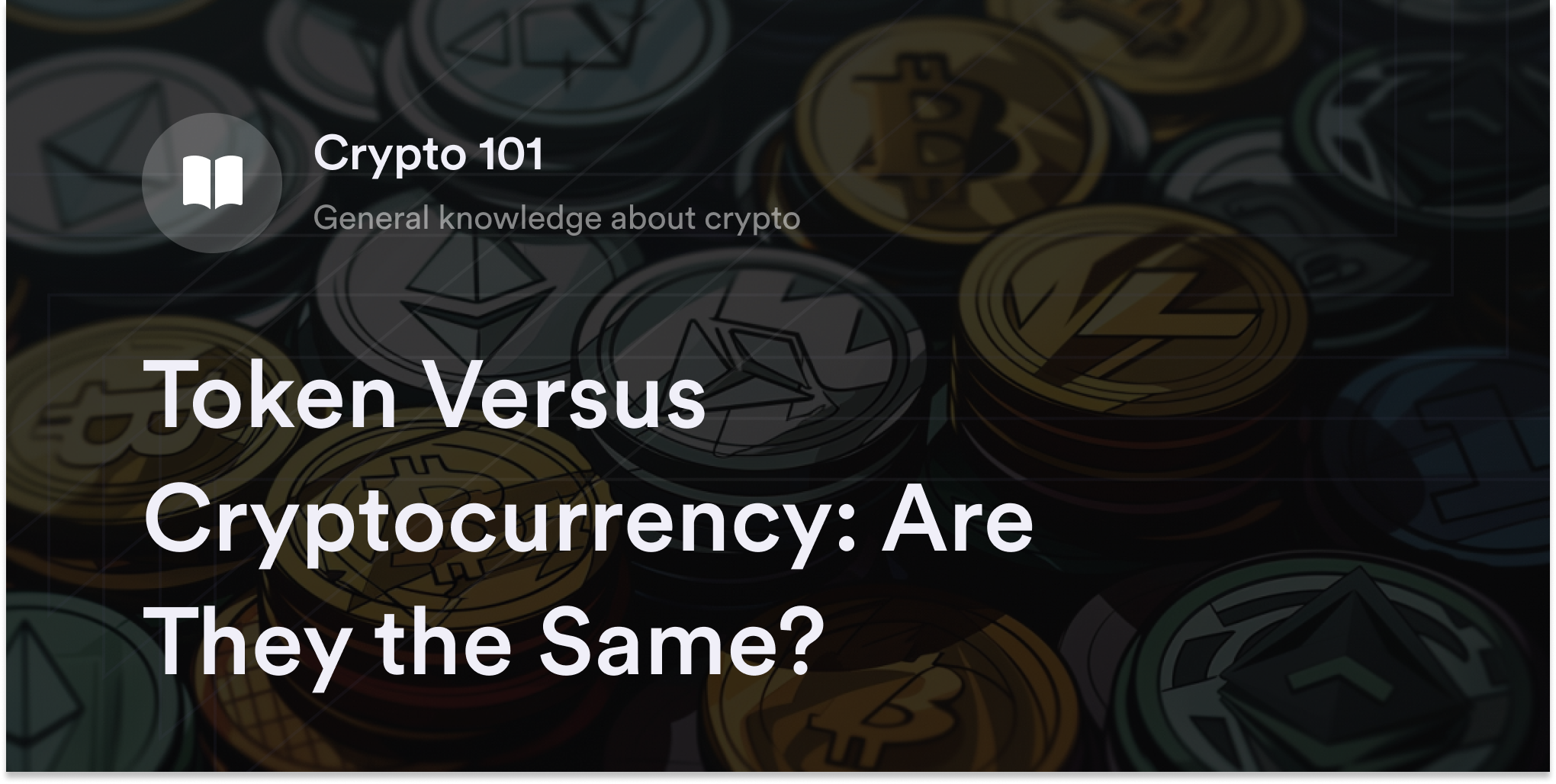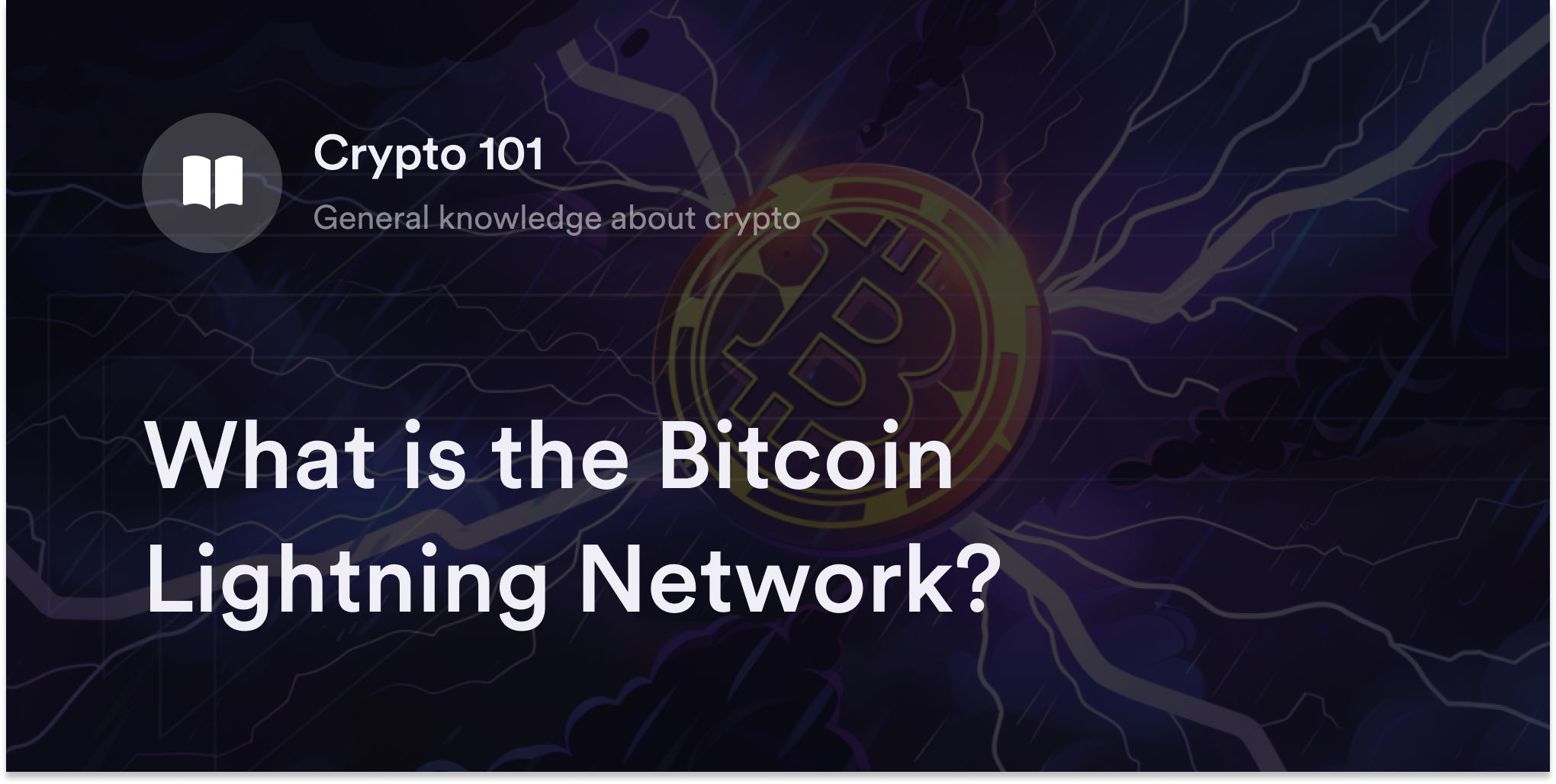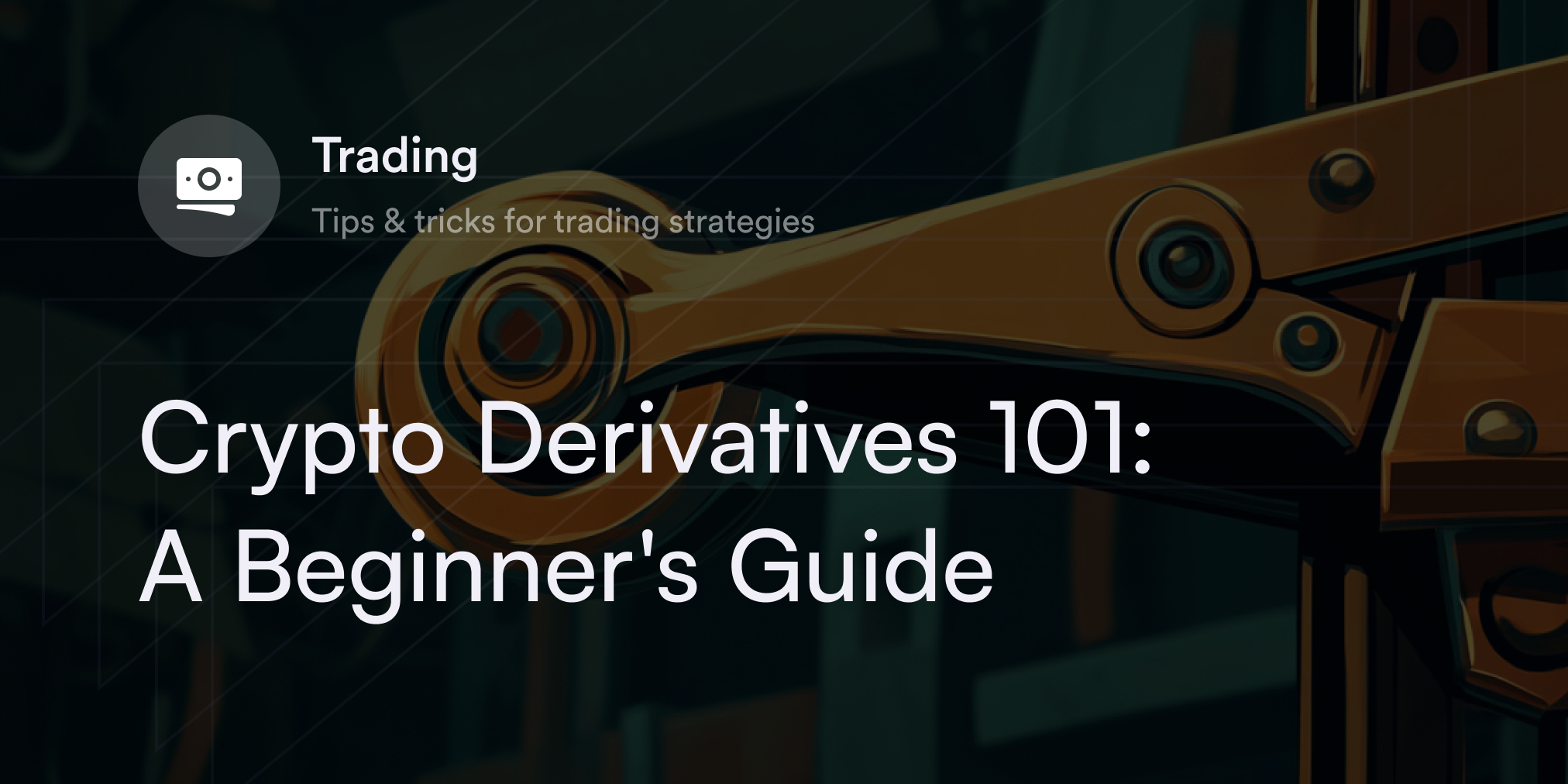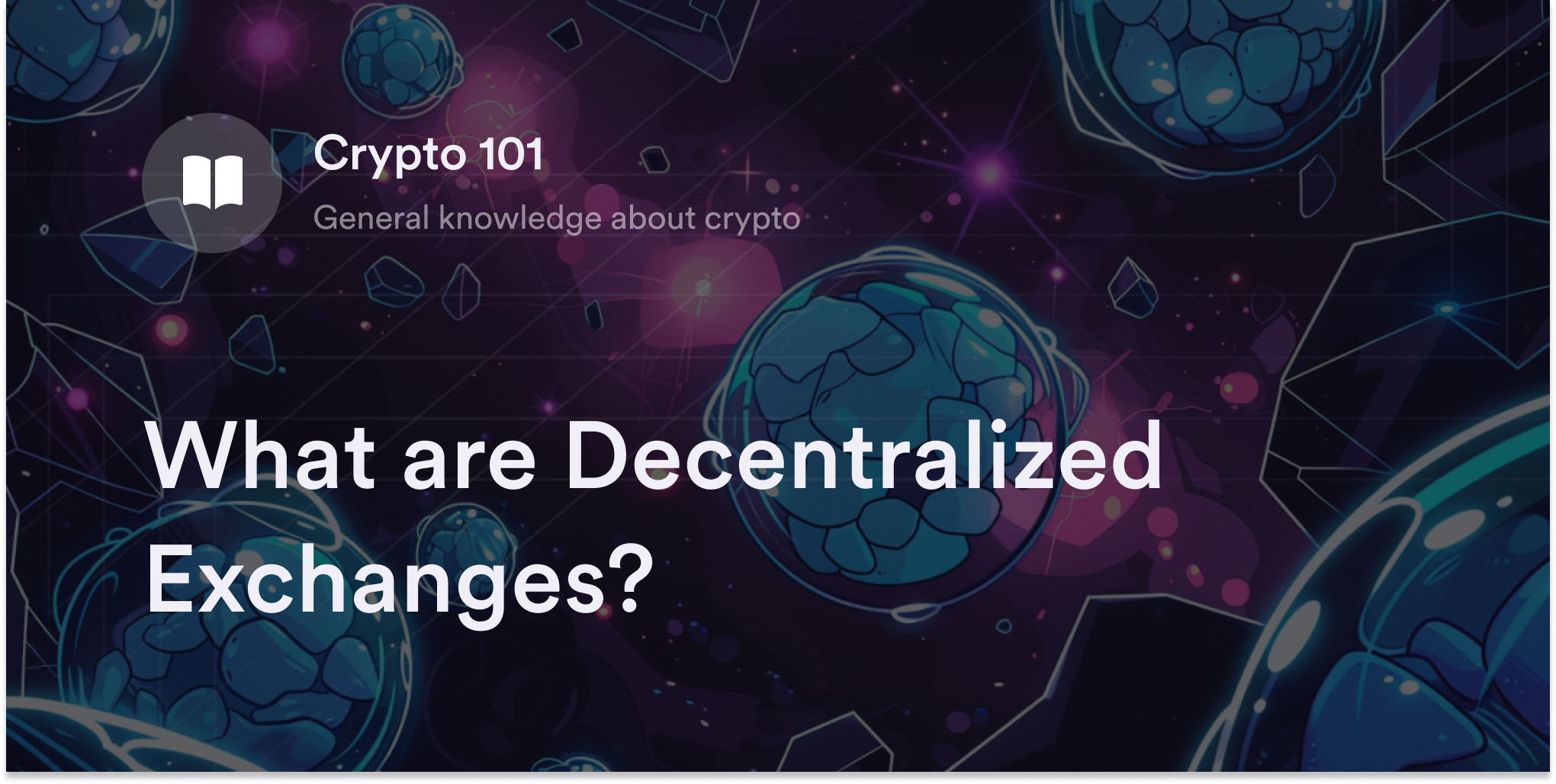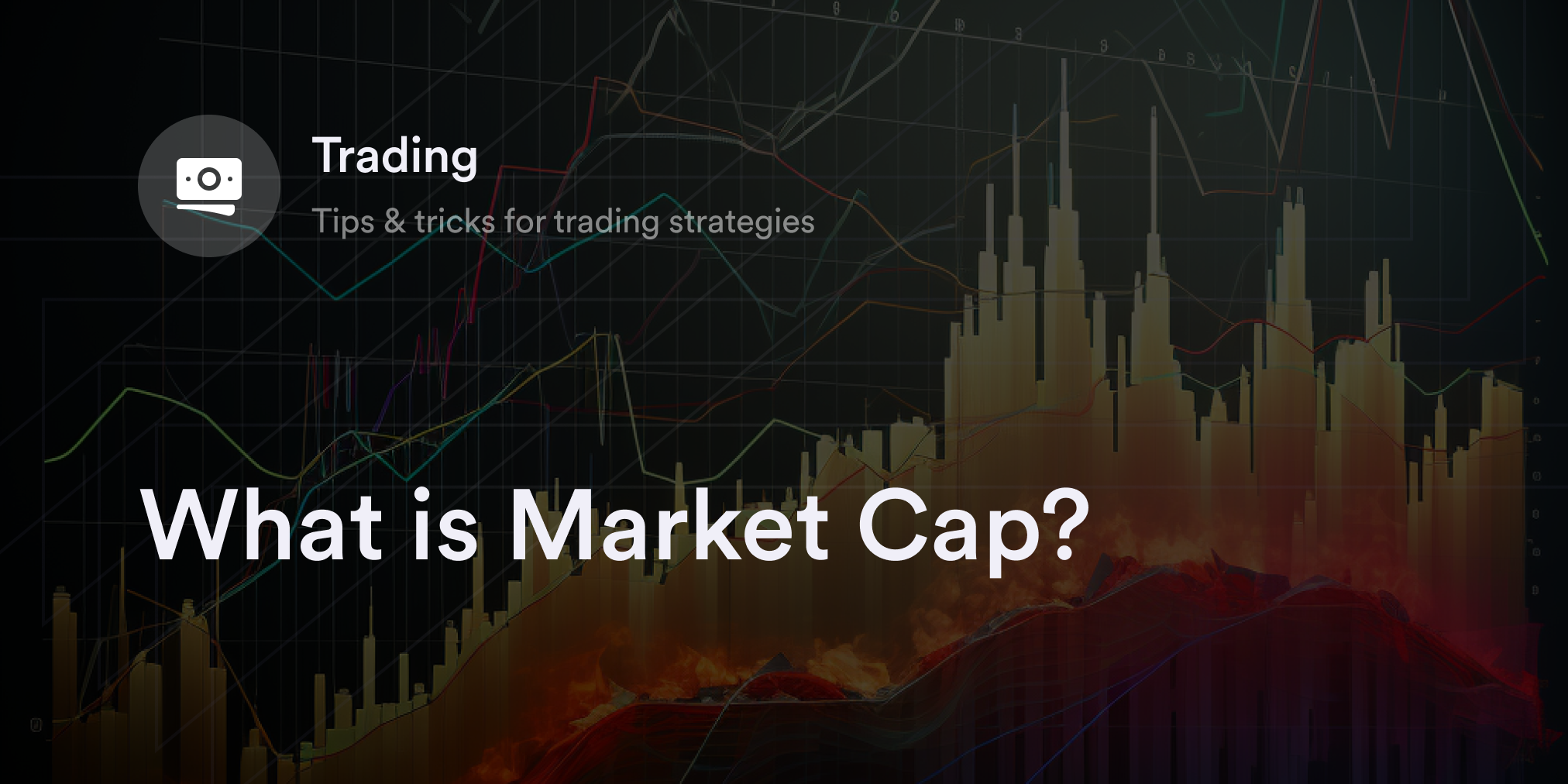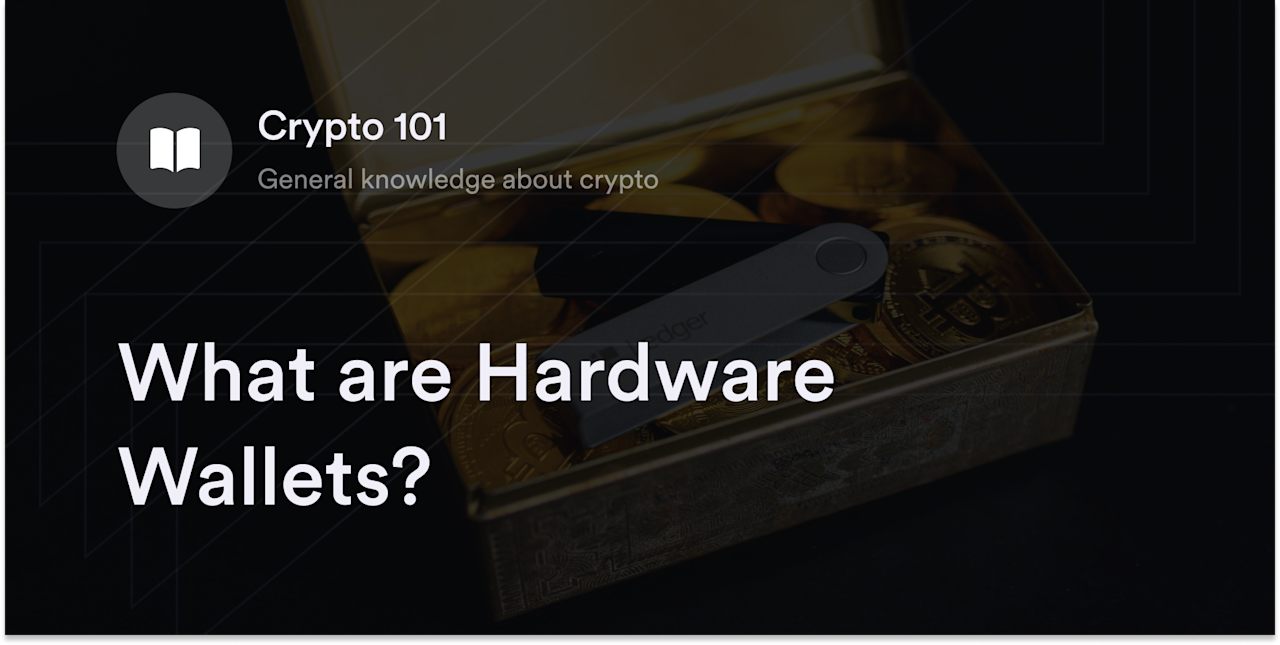


Early in Bitcoin's (BTC) history, crypto traders only had one way to speculate on its future price: buy BTC from a crypto exchange or peer-to-peer (P2P) platform. Although many traders enjoy buying and holding their Bitcoin, some want greater flexibility when setting up their trading strategies. For instance, there's no way to profit from a decline in BTC’s price using the HODL method. Also, some traders want to get price exposure to Bitcoin without worrying about storing and safeguarding their cryptocurrency.
To give traders more options when crafting their Bitcoin strategy, cryptocurrency exchanges like dYdX offer eligible traders Bitcoin futures products such as perpetuals. So what makes trading Bitcoin futures different from buying BTC, and why are more traders swapping Bitcoin futures contracts?
What are Bitcoin futures?
A futures contract is a financial agreement speculating an asset's price by a future date. Instead of trading the underlying asset, two traders agree to the terms in a futures contract and settle their obligations when the contract expires. Since futures "derive" their value from another real-world asset such as a commodity or cryptocurrency, they’re also called "derivative" products.
The key difference between Bitcoin futures and the futures in other markets is that the former follows the price of Bitcoin. People who enter into Bitcoin futures agreements predict a set amount of BTC will trade for a particular dollar amount by an expiry date. On the expiration day, the two traders transfer the agreed-upon Bitcoin or an equivalent amount of cash at the decided price.
For example, if a trader buys a Bitcoin futures contract for one BTC at $20,000 by March 30, they buy one BTC at this price on the closing date. In the positive scenario, BTC’s market price will be above $20,000 on March 30, so the trader gets to buy BTC at a discount. But if BTC trades below $20,000 by March 30, the trader has to pay a premium for Bitcoin to meet their end of the futures contract.
Types of Bitcoin Futures Contracts
Bitcoin futures contracts speculate on BTC's upcoming value, but traders enter these arrangements differently. Traders should know the unique terms and conditions for different BTC futures to understand their rights and responsibilities.
Standard Bitcoin Futures Contract
A traditional version of Bitcoin futures contract involves two parties who agree to buy or sell a certain amount of BTC at a specific price on a pre-set date. If a trader believes Bitcoin will rise in value, they will purchase a "long" futures contract with BTC's expected price above its current market value. In contrast, those who believe Bitcoin will decline by a future date will sell "short" Bitcoin futures contracts with the expectation of buying BTC at a cheaper rate to repay debts.
Bitcoin futures trade on public markets during weekday trading hours. Centralized cryptocurrency exchanges (CEXs) like KuCoin and ByBit also offer cryptocurrency futures products. Each of these futures contracts has a transparent and standardized contract size and expiration date for convenient trading. For example, a standard Bitcoin Futures Contract has a minimum contract unit of 5 BTC, meaning traders need to enter positions worth 5 BTC to buy or sell the futures contract.
Bitcoin Futures ETF
Exchange-traded funds (ETFs) are paper assets that represent partial ownership in a financial firm's investments. For instance, a Bitcoin futures ETF grants traders a share in the value of a company's BTC futures contracts. Unlike buying BTC futures on an exchange , a Bitcoin futures ETF gives people price exposure to Bitcoin without contractual obligations to purchase or sell BTC at a specific date. A Bitcoin ETF's fund manager handles all the technicalities of trading futures contracts, so ETF holders get price exposure to Bitcoin. ETF managers typically charge a percentage fee for their services to ETF shareholders.
Bitcoin Perpetual Futures
With no expiration, Bitcoin perpetual futures (aka perps) are a new class of futures agreements. Perps traders set their target price for Bitcoin like a traditional future contract, but they never have to repay another trader by a specific date. Instead, people who trade perpetuals keep their futures positions open as long as they're comfortable.
Since perps never expire, they use a dynamic fee-and-rebate system (aka funding rate) to incentivize or discourage buying and selling activity. For instance, whenever long BTC futures holders profit, they need to pay fees to short sellers to balance out the contract's price. But if shorts profit from a downfall in BTC's price, they have to pay rebates to longs to stabilize the contract's value. Traders can exit their perpetual contract position anytime without fulfilling an obligation to buy or sell BTC at a particular price.
Are Bitcoin Forward Contracts the Same as Bitcoin Futures?
Forwards are a distinct category of futures contracts unavailable on public exchanges. Instead of trading on public markets, a forward contract is a private exchange between two entities on the over-the-counter (OTC) market. OTC markets aren't as transparent or highly regulated as public markets, giving traders more options to set the terms for their BTC agreement. For example, traders don't need to rely on standardized limits like 5 BTC per contract rule. Instead, in a Bitcoin forward, traders can agree to exchange any amount of BTC they feel comfortable trading at whatever price and date they want.
However, since forwards aren't as transparent as publicly traded futures contracts, ETFs, or perpetuals, they carry a higher risk of loan default. Forward traders must trust their counterparty with agreement terms and that they comply with regulatory bodies.
Benefits and Drawbacks of Bitcoin Futures
While Bitcoin futures give crypto traders more options when developing their strategies, there are a few risks people need to consider. Although BTC futures are highly versatile, traders must learn how to mitigate the unique downsides associated with these products.
Pros of Bitcoin Futures
Option to open long or short positions: Unlike trading Bitcoin on standard crypto exchanges, futures traders can profit from price declines in BTC with short contracts. Even if a trader believes in BTC for the long term, they can open BTC shorts to hedge against the impact of downward price pressure on a long-term BTC position.
No crypto storage requirements: Since derivatives are paper contracts, futures traders don't need to store Bitcoin in a crypto wallet. People unfamiliar with transferring cryptocurrencies or who fear hack risks often prefer using futures to get BTC price exposure without needing to custody their crypto.
Easy access to leverage: Most platforms offering crypto futures trading allow traders to borrow money for their positions, amplifying a trader's gains if their trade is successful.
Cons of Bitcoin Futures
High fees: No matter which futures product traders choose, they usually pay more fees than if they purchased BTC outright. Traders must be mindful of their exchange's fee schedule when calculating their expected gains or losses on a position.
Not as intuitive as buying cryptocurrencies: Even in traditional markets, futures aren't as straightforward as buying and holding digital assets like Bitcoin on an exchange. It usually takes time for new crypto traders to grasp the complexities of derivatives trading.
Leverage increases liquidation risk: If futures traders use leverage to increase the size of their portfolios, they need to maintain a certain amount of money (aka maintenance margin) in their futures account to avoid losing their liquidation. Since leverage increases the volatility of a futures trader's position, there's a higher chance people can lose everything in the futures market. Any traders using leverage need to understand their risks and research tools such as "stop losses" to minimize the odds of liquidation.
How to Trade Bitcoin Futures
People trade futures in many ways, and choosing the "right" method depends on what product a trader is most interested in. However, most futures trading platforms follow a similar setup procedure:
Open a trading account: First, find a reputable exchange offering the Bitcoin futures you’re interested in. For instance, if you want to buy Bitcoin futures ETFs, see which stock brokerages provide these products. But if you want Bitcoin perpetuals, check out dYdX to see if you are an eligible trader.
Deposit funds: Once you sign in to a BTC futures trading account, send cash to the exchange. CEXs typically link to a user's bank account for ACH or wire transfers. However, some decentralized platforms like dYdX partner with fiat-to-crypto services such as Banxa that allow eligible traders to convert fiat currencies to stablecoins.
Choose the futures contract parameters: When you have money in your exchange account, research the fee terms, expected price, quantity size, and expiry date for available Bitcoin futures contracts. Before placing an order, consider whether you want to add leverage to a position or add extra security features such as stop losses.
Place an order and monitor your trade: Lastly, submit an order to the open market and wait for a trade’s confirmation. As long as the exchange's terms of service allow it, you can exit the BTC futures position whenever you like.
Eligible traders can discover Bitcoin perpetuals trading on dYdX
dYdX is the leading decentralized exchange for crypto perpetuals contracts, including Bitcoin perps. If you’re interested in trading crypto perpetuals, eligible traders can enjoy deep liquidity and up to 20x leverage on dYdX's exchange.
Also, head to dYdX's blog to learn more about our platform and product. And if you want to know about cryptocurrency, check out our Academy. We have dozens of articles for the crypto-curious.
Eligible traders can start trading on dYdX today!
Disclaimer
The content of this article (the “Article”) is provided for general informational purposes only. Reference to any specific strategy, technique, product, service, or entity does not constitute an endorsement or recommendation by dYdX Trading Inc., or any affiliate, agent, or representative thereof (“dYdX”). Use of strategies, techniques, products or services referenced in this Article may involve material risks, including the risk of financial losses arising from the volatility, operational loss, or nonconsensual liquidation of digital assets. The content of this Article does not constitute, and should not be considered, construed, or relied upon as, financial advice, legal advice, tax advice, investment advice, or advice of any other nature; and the content of this Article is not an offer, solicitation or call to action to make any investment, or purchase any crypto asset, of any kind. dYdX makes no representation, assurance or guarantee as to the accuracy, completeness, timeliness, suitability, or validity of any information in this Article or any third-party website that may be linked to it. You are solely responsible for conducting independent research, performing due diligence, and/or seeking advice from a professional advisor prior to taking any financial, tax, legal, or investment action.
You may only use the dYdX Services in compliance with the dYdX Terms of Use available here, including the geographic restrictions therein.
Any applicable sponsorship in connection with this Article will be disclosed, and any reference to a sponsor in this Article is for disclosure purposes, or informational in nature, and in any event is not a call to action to make an investment, acquire a service or product, or purchase crypto assets. This Article does not offer the purchase or sale of any financial instruments or related services.
By accessing this Article and taking any action in connection with the information contained in this Article, you agree that dYdX is not responsible, directly or indirectly, for any errors, omissions, or delays related to this Article, or any damage, injury, or loss incurred in connection with use of or reliance on the content of this Article, including any specific strategy, technique, product, service, or entity that may be referenced in the Article.

